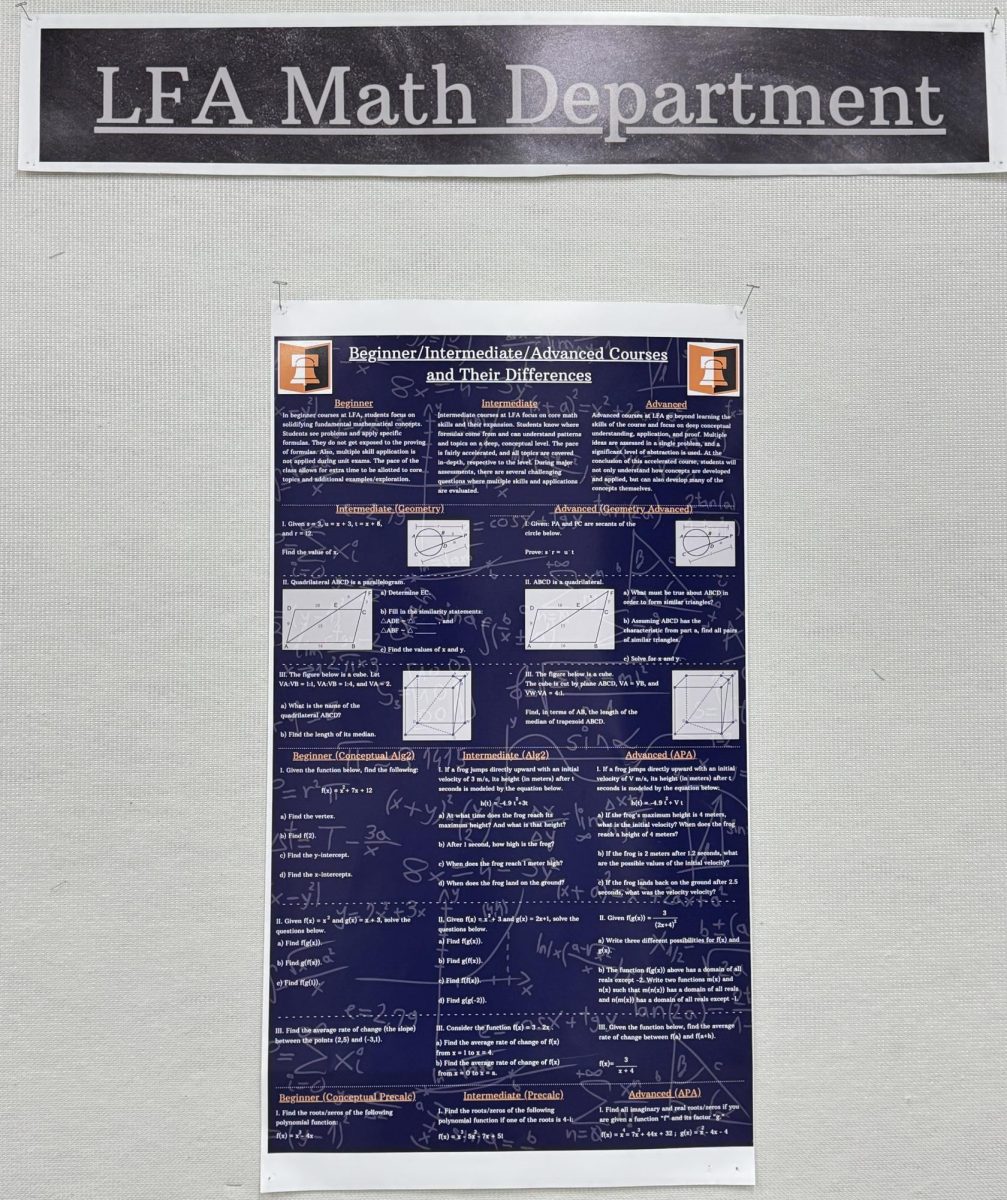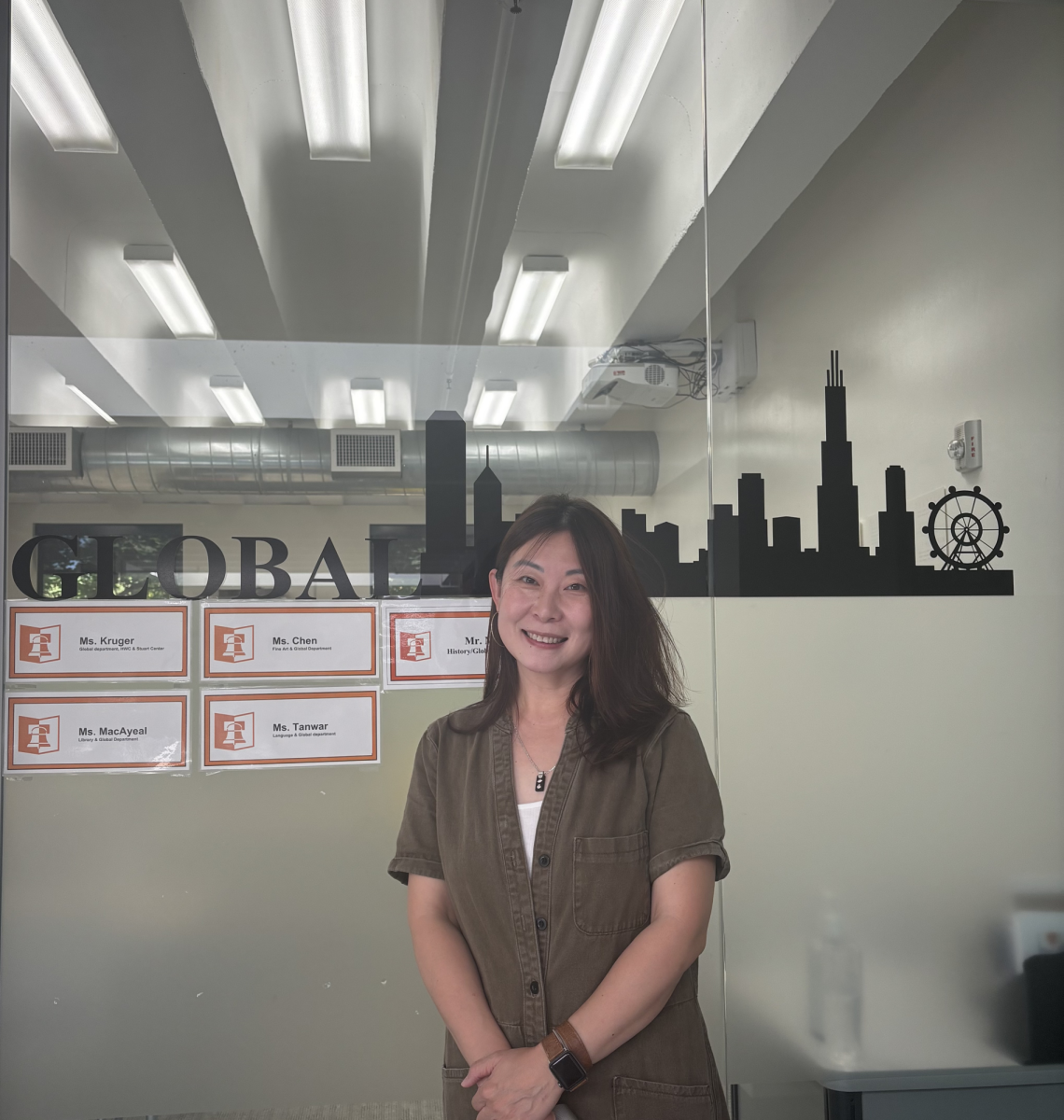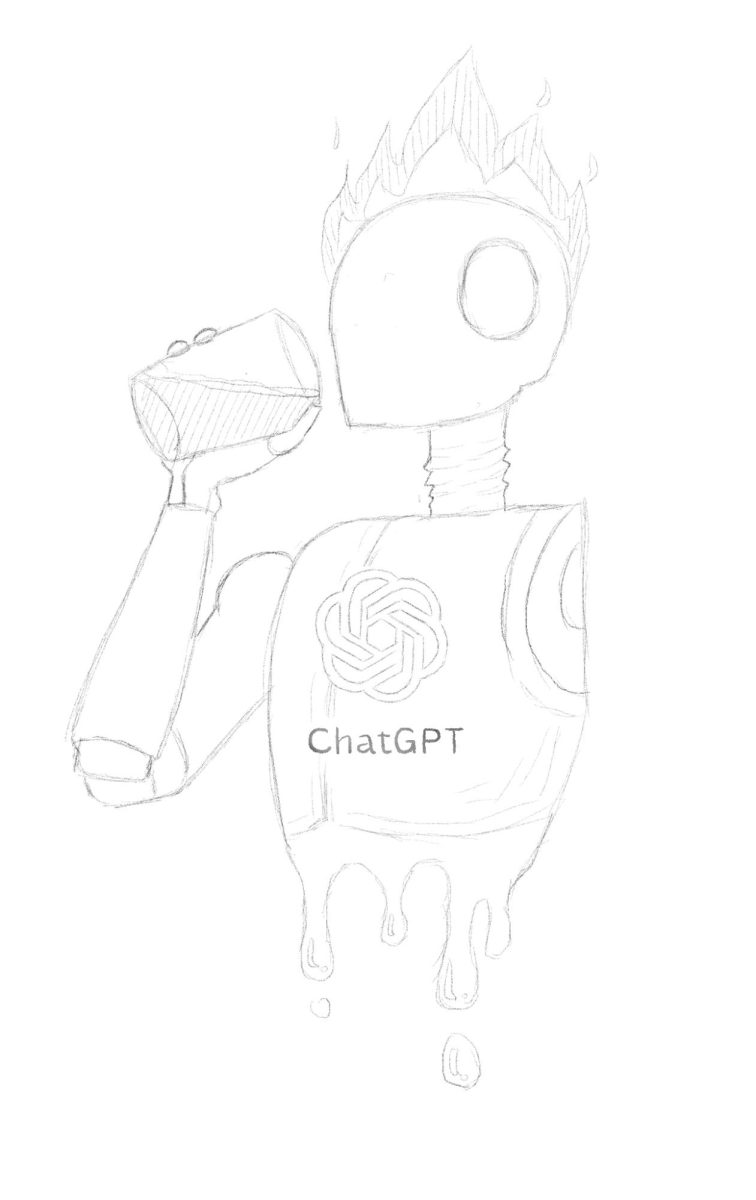AI in Education: How It’s Changing the Learning Experience for Students

Chat GPT logo.
March 16, 2023
The thought of AI has been a topic of discussion in recent years, but within the last few months, the integration of AI has become prominent and become more of a tangible thing affecting people in their daily lives. The evolution of AI is having a significant effect on the student population across the globe, having both positives and negatives on both sides of the argument.
When people think of AI, they tend to think of the negatives first, especially in a school setting, and they see it as a way to cheat and complete assignments faster, As ChatGPT has become integrated into the web, some people sadly have relied on it. But others see it as a learning tool to help them broaden their studies. They use AI to generate study guides and other forms of learning which were inaccessible previously. Instead of being afraid of AI and its capabilities as schools, such as blocking ChatGPT from school computers and tablets, teachers need to tackle it head-on and learn to teach with it in a way that could benefit anyone. Some schools have embraced it as a teaching aid which has unlocked some students’ creativity and offered tutoring from the AI. Luke Feltzin ‘24 is well aware of AI’s effect as he comments that he wouldn’t use it to complete assignments; however, “If I am stuck on a question for an assignment, I will use it to guide me and lead me in the right direction. It is much more convenient than searching through the mess of results google [provides].” Feltzin agrees that if AI is used correctly, it can benefit students never thought of before.
Although if it is used correctly, the benefits could be substantial. Unfortunately, people tend to use different AIs negatively. When commenting on AI’s effects, Sami Awada ‘24 says, “Ai is being utilized in certain ways to help and benefit students to get their assignments and studies done more effectively. However, with the use of certain AI programs, students also pick up negative effects as it makes students rely on and have a dependency on AI.” Many students use it to complete homework quickly, as AI will answer all the questions. They also use it to write papers, making the process effortless and (sometimes) getting As on papers quickly. When commenting on the downside of AI, Feltzin says, “It can be negative [as] it is a crutch many students may rely on, blind to the fact that in the long run may harm their ability to perform in a setting where AI may be unavailable, like during a test, and even their capacity to retain information, when it is so readily available with AI.” When relying on AI, people who think they can successfully memorize information by completing the work do significantly worse when taking tests and other assessments -ultimately hurting the student. Using AI like this prevents you from absorbing the information taught and affected students negatively, and in some cases, causes grades to drop and attention spans to decrease.
Thus, depending on the approach, the integration of AI has seen benefits for some and drawbacks for others, and people continue to adapt to this new world filled with Artificial Intelligence.





































